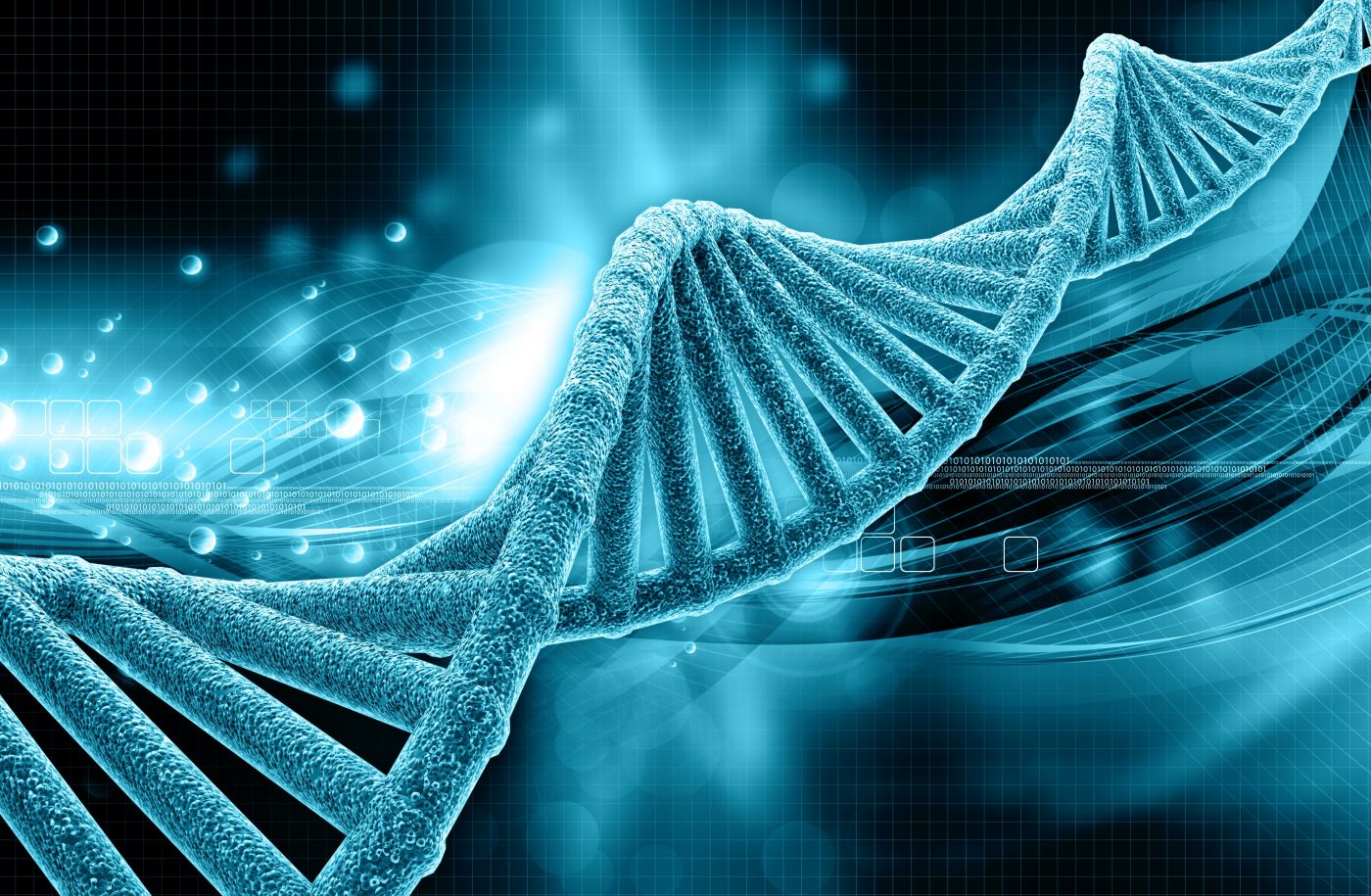Researchers Develop Promising Gene Therapy Against Duchenne Muscular Dystrophy

In a recent study entitled “Human α7 Integrin Gene (ITGA7) Delivered by Adeno-Associated Virus Extends Survival of Severely Affected Dystrophin/Utrophin-Deficient Mice”, published in the Human Gene Therapy journal, a team of researchers from the Nationwide Children’s Hospital and the Ohio State University used gene therapy to overexpress alpha7 cell receptor in the muscles of Duchenne Muscular Dystrophy affected mice. This treatment significantly increased animal longevity and reduced common disease symptoms, suggesting that alpha7 overexpression might be a potential therapy for this disease.
Duchenne Muscular Dystrophy (DMD) is a hereditary disease caused by mutations in the dystrophin gene, affecting approximately 1:5000 newborn males. In DMD, muscles are unable to produce dystrophin, resulting in a gradual muscle weakening and breakdown with severe cardiorespiratory consequence and premature death.
Different studies have shown that overexpression of alpha7 – a laminin receptor expressed in the cardiac and skeletal muscle that similarly to dystrophin links the extracellular matrix to intracellular cytoskeleton – might be a potential DMD therapy due to its muscle preservation effects. In this study, researchers investigated whether alpha7 overexpression in DMD mice provided long-term protection against dystrophin deficiency and if this treatment could reverse some of DMD symptoms.
The team systematically treated DMD mice with a gene encoding for alpha7 receptor using adeno-associated virus delivery. This administration resulted in a considerable increase of alpha7 in mice muscle fibers and was accompanied by significant improvements in muscle contraction and force. Moreover, this treatment also ameliorated thoracic and diaphragm functions. As a result, treated DMD mice lifespan increased on average 10 weeks compared to those untreated. Researchers attribute death of gene-treated DMD mice to a compromised respiratory capacity due to the loss of alpha7 in mice diaphragm muscles overtime.
Although the authors were not able to find a cure for DMD, the promising results of this gene therapy shows that research is on the right track to attain a cure for this terrible condition. Indeed, these pre-clinical findings have the potential to pave the way for an effective DMD therapy.






